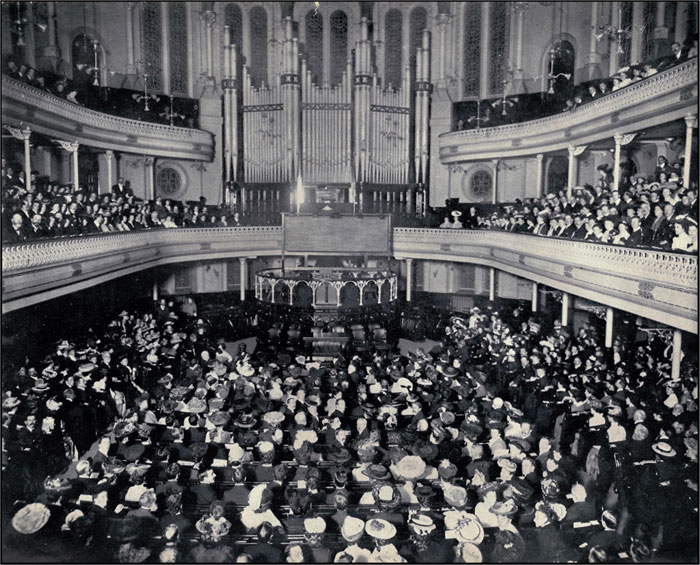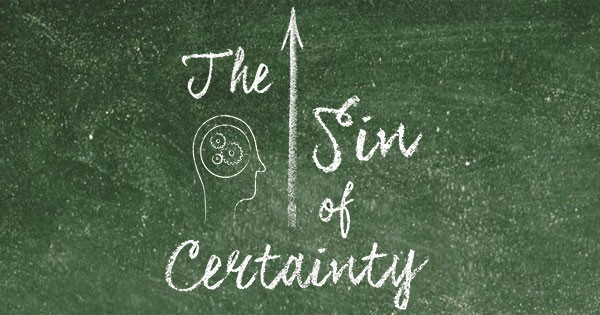Diaspora
I’ve been musing over some things I read in the notes to my chronological Bible recently. They seemed to me to suggest a compelling parallel between post-exilic Jews and modern American Christians.
In the transition into the book of Esther, the commentary points out that the book’s purpose was to encourage Jews living in a foreign land. “These Jews of the Diaspora (meaning “dispersion”) faced different pressures and different problems than those Jews who had returned to Palestine,” it explains. The religion of the Diaspora had certain characteristics, such as the tolerant attitude toward intermarriage. Earlier in the Old Testament, Phinehas skewers Israelites who marry people of other faiths, and later, after Esther, Ezra and Nehemiah make it a priority to confront intermarriage. But Esther’s marriage to Ahasuerus is depicted as a good and saving event in the book of Esther.
Also, while Palestinian Jews were very vocal and demonstrative about their faith, Diaspora Jews kept a low profile. Though ultimately she’s willing to die for her faith, Esther doesn’t tell her husband that she’s a Jew until it becomes essential to the survival of her people. And in the way the story is told, we see a similar reticence, for it tells the story of God’s salvation of the Jews without ever mentioning God’s name.
Palestinian Jews’ faith in this period has a very different character. It’s more outward and demonstrative. These Jews had returned to their homeland and were reclaiming territory they saw as rightfully their own. But it shares with Diaspora religion a focus that’s more Book-centric than temple-centric. Even though the Temple is rebuilt in Jerusalem, the Exile had changed the emphasis from the Temple to the Law. That’s why Ezra’s priestly heritage is so important, and why he points to his knowledge of Scripture as proof of his authority — rather than to the King who gave him permission to rebuild the wall.
All of this raises questions for me. For one, did God allow the Exile only as discipline, and was it merely tragic for the Jews — or did God really send it partly for the express purpose of transforming the Jewish faith, making it less about the objects and traditions, and more about His word? Did He want the Temple destroyed because it had warped the relationship between God and His people by becoming an idol?
For another, which branch of post-exilic Judaism does the American church resemble most closely? A goodly number of evangelicals would say, speaking as if from a majority position, “we are a Christian nation and must get back to our roots.” I have a hard time seeing this. But in any case, it resembles the more outspoken faith of Palestinian Jews who were in their own territory than that of the Diaspora Jews who were trying to maintain their identity in hostile territory.
I wonder, ultimately, if the American church labors under a false sense of itself as representing Palestinian-style faith, when in fact it is essentially “dispersed,” and would be better off adopting a more Diaspora-style perspective. There have after all been many “dispersals” for a once-unified, coherent expression of faith. The splintering into denominations. The movement, so much like that of the ancient Jews, away from knowledge of God to Temple-centric (institution-centric) faith — mere cultural Christianity. The divergence between faith and practice (read any poll on marital faithfulness or divorce rates in evangelicals). The slide from love for people to political stances. These and many other forces have weakened and splintered the church.
The good news is that in cultures where Christians recognize their Diaspora-state, Christianity is on the rise. The problem in this country is that we may fail to rightly assess our condition. Look around and try to see this as a culture in which Christianity has any momentum at all. Perhaps we are not “heirs apparent” to a Promised Land, but a people in exile right here on our native soil, in urgent need of repentance and revival. Perhaps like the Jews of the Diaspora, our faith should be less noisy and more real.



2 Comments
Polly
Amazingly I was recently trying to have a similar discussion with someone- I wasn’t as successful in expressing my thoughts as you are though, and they just looked at me oddly and said something like, “Well, I thought you already knew that.”
I had just finished reading “My Promised Land” by Ari Shavit and was feeling very enlightened about the whole Zionist movement and the country of Israel and the many factions of the Jews of the Diaspora. Then I watched a documentary on the Jews(I can’t remember the name). The narrator was talking about the miracle, if you will, of the Jews surviving as a distinct people, he credited it to their clinging to their identity as the people of the Book(after the Temple was destroyed their religion became book/study focused instead of sacrificial) and their unique ability to adapt to whatever culture and times they found themselves a part of. Not adapt in a way that assimilated them in, but adapting in finding a way to live and thrive among other nations and religions and times. Bringing something unique.
And I thought, God always intended for the Jewish people to be a light to the world- but they were so ‘us’ focused that it took dispersion to get them to notice their neighbors. And I was thinking the Church is called to be people of the Book, and be true to their identity in Christ but they are also to adapt to the culture and times they are living in so that they can have an impact and be a light. I also see God often dispersing us against our choice.
So, yes, I guess I already knew that but it came to me again fresh and more connected than before.
Janet
I know what you mean. We learned about the Jews of the Diaspora in history — how they preserved their identity by becoming people of the book and through the stories they told. But not till more recently have I seen the parallel to today’s church.
It’s sobering to think about what it cost them to have to give up their cherished traditions and boundary markers — things that must have seemed so essential to their faith, but turned out not to be the heart of it after all. I can think of many such things for us too.